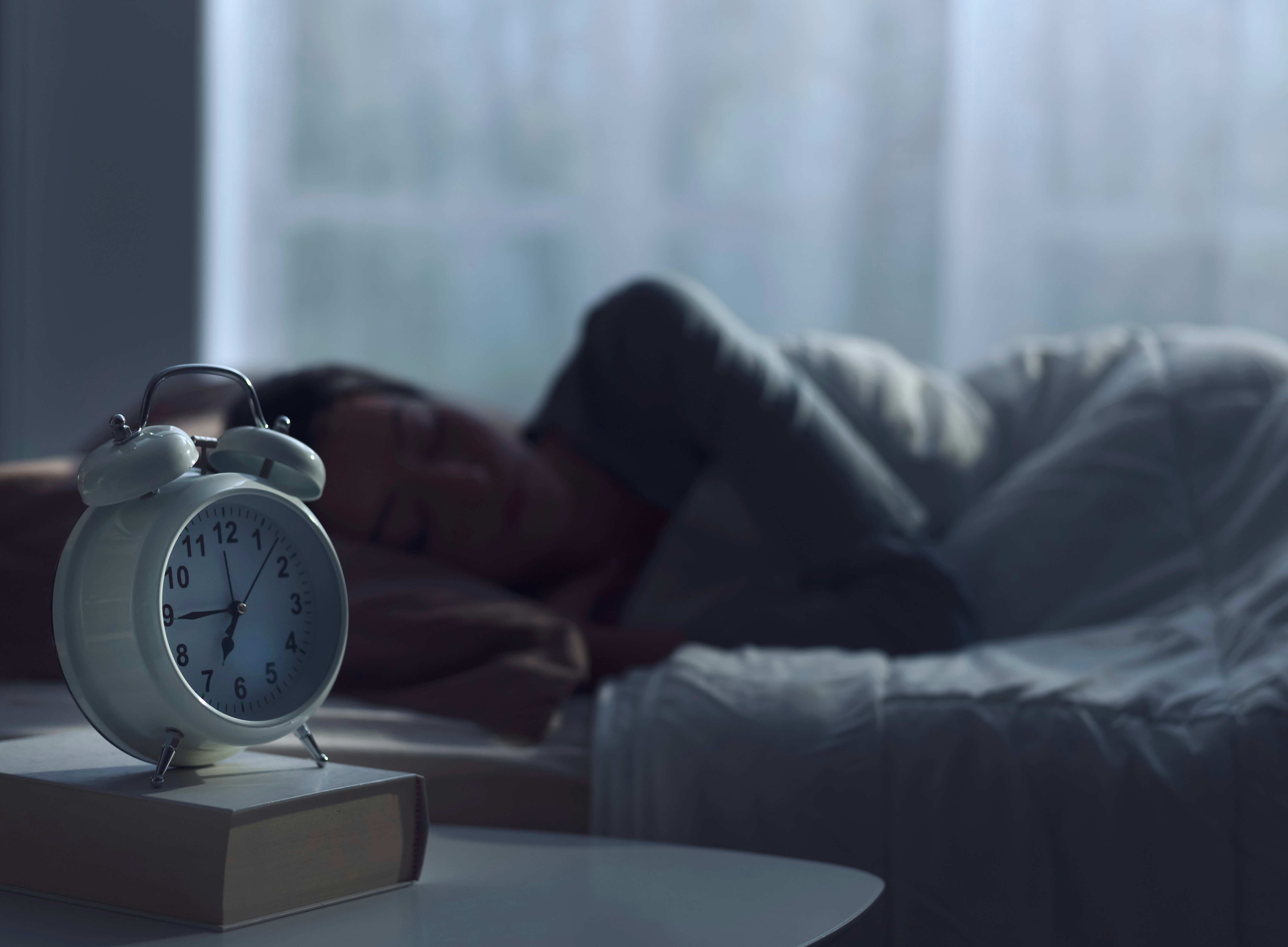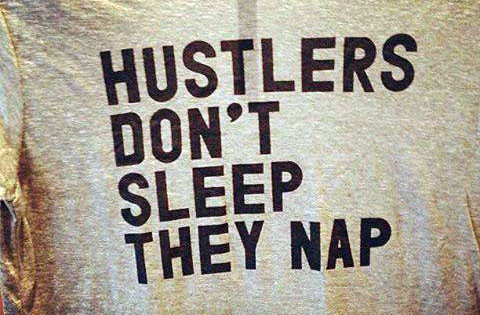

2) Sleep-deprivation might give you "beer goggles." A separate presentation suggested that sleep-deprived people couldn't accurately assess how alert they were, either. That seems unsurprising.īut there was a twist: sleep-deprived people often thought they were doing just fine. The more sleep-deprived people were, the less well they did on a classic reaction-time test administered by scientists, according to one presentation from Kirsi-Marja Zitting of Harvard Medical School and colleagues. Here are the seven unexpected ways sleep deprivation might mess us up: 1) People who are sleep-deprived may not even realize they're sleep-deprived. Still, it's worth taking a look at where recent sleep research is going. They're usually preliminary findings, some of which might never be published in a journal because they don't pan out. It's important to note that results presented at a conference aren't necessarily solid. It's also possible that sleep-deprived people don't even realize how sleep-deprived they are.

#PEOPLE WHO DONT SLEEP PROFESSIONAL#
This spring, at the 28th meeting of the Associated Professional Sleep Societies, sleep researchers shared some of their preliminary work on how sleep deprivation might mess us up in all sorts of unexpected ways - like making people less empathetic and less sensitive to gambling losses. Sleep is fundamentally linked to an exceptionally broad range of necessary human functions - and lack of sleep can mess people up.īut it might get even weirder than that. Published research already shows that going without enough sleep for one night can decrease attention span, slow down people's reaction times, and cause memory problems, irritability, and a rise in the hunger hormone ghrelin. Others mandate odd, restricted sleep schedules for weeks. These studies can vary widely: some ask participants to go without sleep for just one night. Sleep-deprivation studies are one way that researchers try to figure out what's going on. T he field is still young, and some pretty basic questions are still unanswered: why so many hours? Why do we dream? New neuroscience tools - such as ones used to image the brain - have helped create a boom in sleep research in the past decade. Scientists have only just begun to study sleep deprivation in more detailīut scientists have only just begun to study sleep deprivation in more detail. There's a growing body of research showing that sleep deprivation is related to all sorts of problems - from increased risk of vehicle crashes to health problems like heart disease and anxiety disorders. Roughly half the adults in the United States say that they don't get enough sleep.


 0 kommentar(er)
0 kommentar(er)
